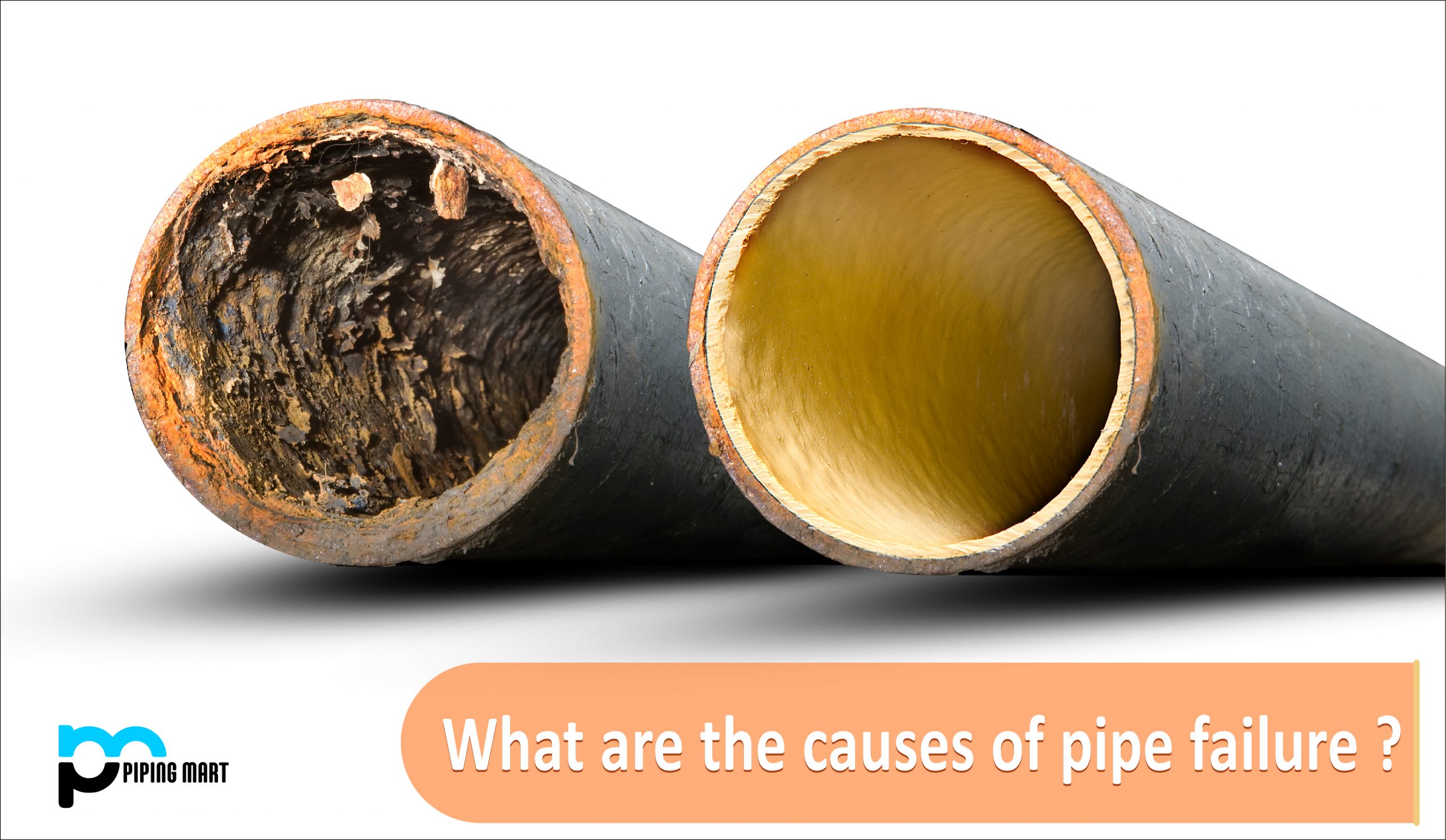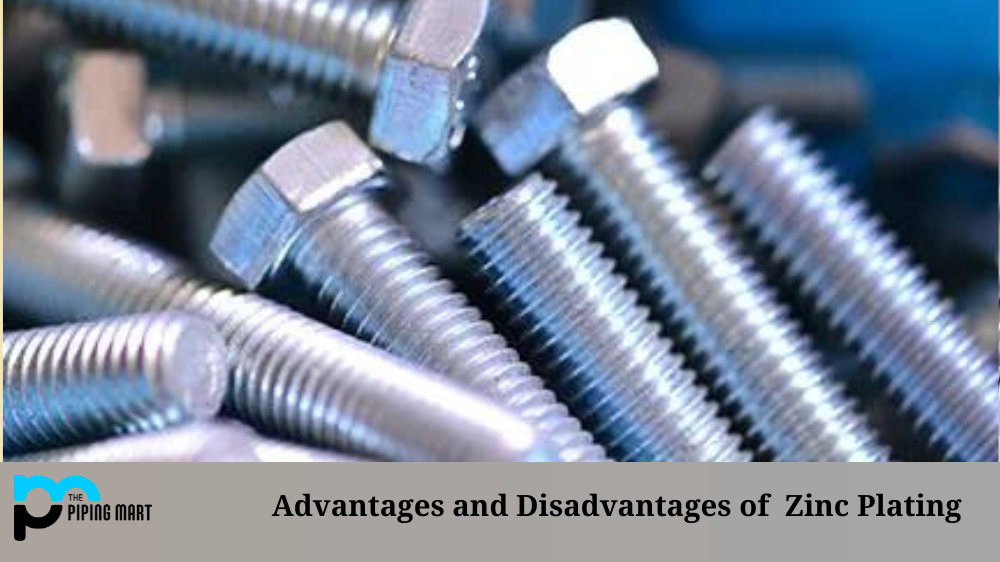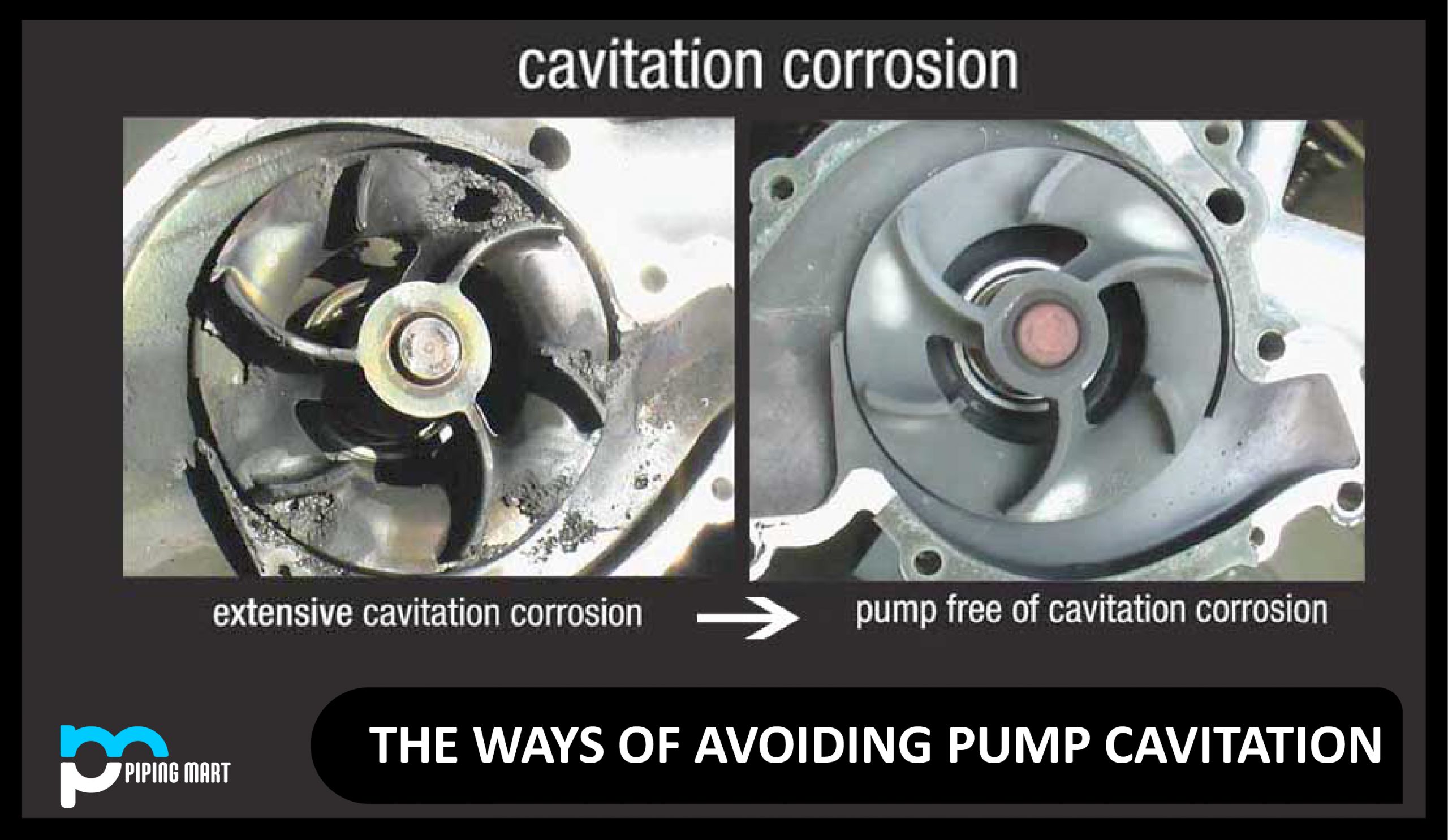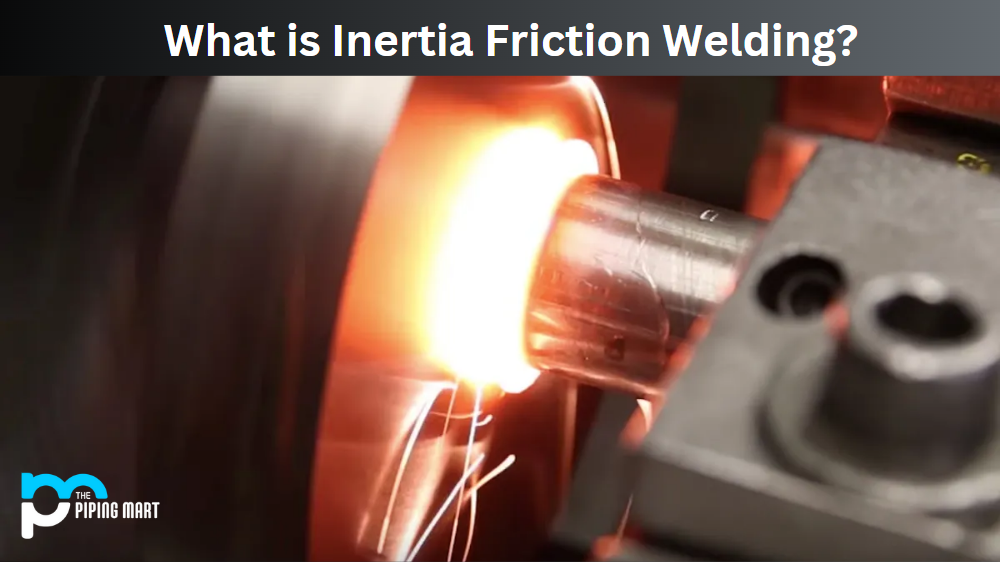The Causes of Pipe Failure are as follows:
- Corrosion
- Water Velocity
- Clogging
- Movement
- Extreme Temperatures
Pipes are significant materials that are used to pass potable water, gas, and waste throughout a structure. Aside from the fact that it is convenient, most industries cannot function without it. However, because it is used both indoors and outdoors, it is subject to internal and external degradation. Continue reading to find out more about the reasons for pipe failure.
Corrosion
Corrosion is the general term for the process by which a manufactured metal returns to its natural form via reduction-oxidation. This irreversible process degrades the material, making it pliable and subject to breaking.
Water and air are also common corrosion causes. A pipe will corrode when it is exposed to oxygen particles from both sources. Galvanic corrosion, on the other hand, occurs when two different metals come into contact with each other. Acid, in addition to these, is a major corrodent.
It can be a concern since some types of corrosion, especially when they occur on the interior, are difficult to detect. This corrosion process can eat away at the metal, causing it to thin over time. Rust may also contaminate liquids transmitted by your piping system, making them unsafe.
Water Velocity
High pressure is another cause of pipe failure. Even if the pipe itself can bear high pressures from the inside, joints and valves can shift out of position and create leaks. This is difficult to identify if periodic inspections are not carried out.
Furthermore, frequent fluctuations in water velocity can create a phenomenon known as ‘water hammering.’ This can occur whenever a valve is abruptly closed, forcing the water to splash violently. This is audible as a loud banging or pounding sound.
While this may appear to be harmless at first, the constant force might damage the valves or pipelines in the long run. Preventative measures such as the installation of pressure regulators or piping with air chambers should be examined to avoid this.
Clogging
In addition to supply lines, the pipe is frequently utilized in drainage and sewage systems. This makes it subject to clogging, which can shorten a pipe’s life span. Hair, dirt, food waste, oil, and toilet paper are all examples of things that might cause blockage.
Flora, in addition to these inanimate items, can induce early pipe failures. Growing roots have the potential to destroy underground drains near trees. These are capable of penetrating pipe walls and causing corrosion. These plants can function as plugs over time, causing floods.
To avoid these issues, make sure that solid waste is properly disposed of. Clogged pipelines, especially underground ones, can be costly to fix. Excavation would be required in the worst-case situation.
Movement
Ground movement is another major issue when it comes to drainage. A natural occurrence, such as an earthquake, might result in pipe failure. These objects are designed to be static, with little scope for movement. The force exerted by earth tremors can cause pipe walls to break due to their stiffness.
Aside from earthquakes, installation flaws can also cause continuous vibrations. Long-term movement can affect the integrity of pipes due to frequent rattling and trembling. When you have this issue with exposed pipes, you may need to install attachments to keep them in place.
Extreme Temperature
Another factor to consider when it comes to pipe failure is temperature. Not all types of pipes can resist excessive heat and cold. Water within supply and drainage lines can freeze in cold conditions, causing a blockage. Attempting to increase flow will be destructive since excessive pressure will damage the pipe and its parts.
On the other hand, too much heat or sun radiation can cause the material of a pipe to become brittle. On the surface, this may appear normal, but when water velocity increases, a rupture may occur. PVC will ultimately bend and deform if exposed to high temperatures.
The necessary insulation, anti-freezing treatments, or coverings will be required to safeguard pipe systems to maintain optimal efficiency and durability.

Pipingmart is B2B portal specializes in industrial, metal and piping products. Also, share latest information and news related to products, materials and different types grades to help business dealing in this industry.




